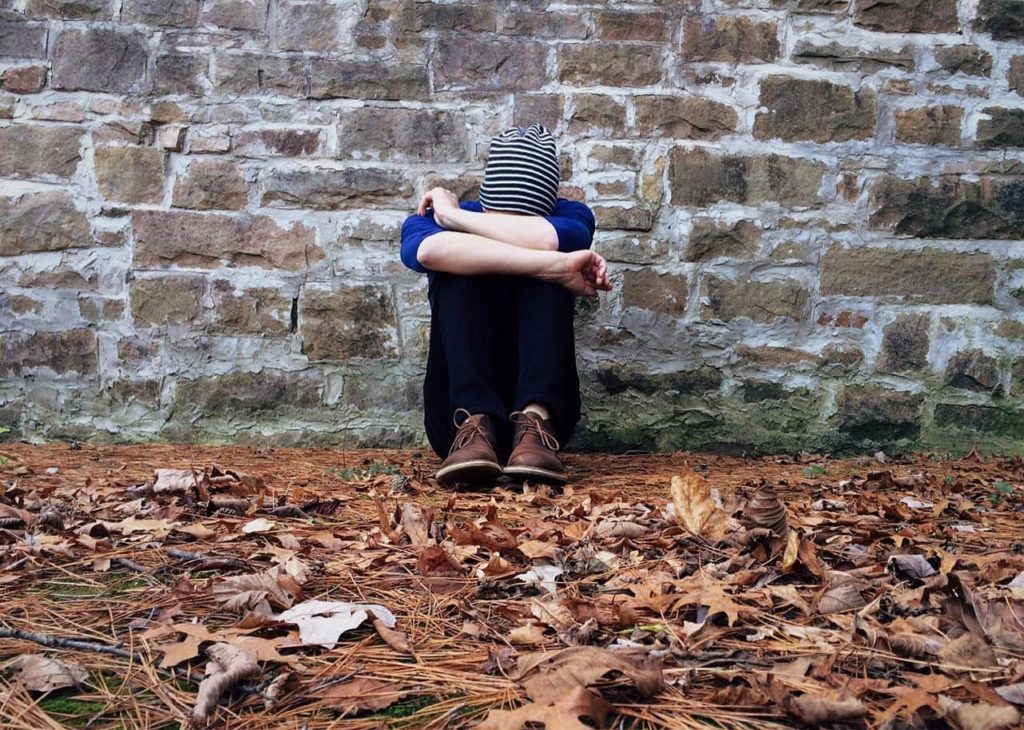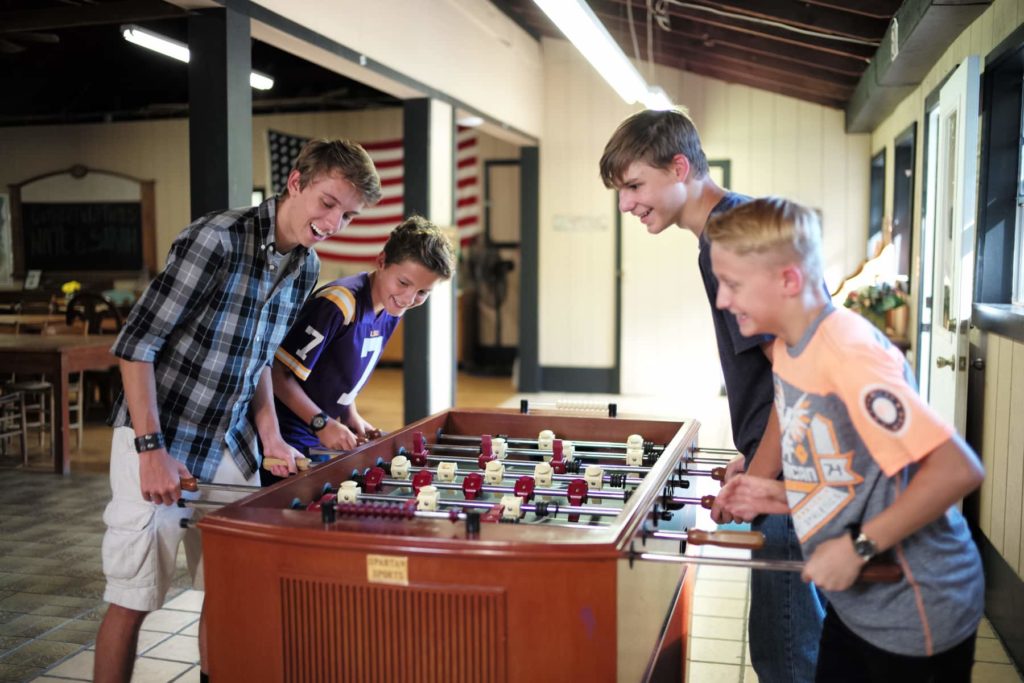
If you see your child’s life in a steady downward spiral, it’s easy to feel panicked. Figuring out the best thing to do takes care and time, and there are many options available for treatment. There are certain signs, though, that may indicate it’s time to get them into a residential program.
Getting residential therapy for your teen is a major step and not one to be taken lightly. It can have a powerful effect on family life and relationships. But in the right circumstance, it can be the best possible thing for your teen and for you.
Of course, always consult with your child’s doctor or therapist before going this route. Only a professional can truly give advice.
Signs that your teen may benefit from a residential program
You’ve gotten multiple diagnoses
If you’ve tried taking your teen to multiple professionals and received several different diagnosis, especially if none of them seem to really fit your teen’s situation, this is a good sign it might be time for the full-time help you can get from teen residential programs.

No medications have helped
If your teen has tried several different medications, but none of them have helped with long-term change, it could be time for more comprehensive help. This is especially true if your child has been hospitalized for psychiatric needs and still hasn’t found the right medication to help them.
Your teen talks about hurting people or themselves
They could be self-harming or talking about suicide. If your teen is talking about hurting other people or themselves, it might be time to get them into a residential program for more help. This is especially true if the threats are scaring anyone, like classmates or younger siblings. If you feel that someone is in immediate danger, call emergency services right away.
Your child has been expelled
If your teen has been expelled or nearly expelled from school more than once, it could be that they’ve gotten involved with friends who are encouraging them in a direction they don’t really want to go in. But it could also mean that their own mental health is precarious and they need professional help.

There have been run-ins with law enforcement
If your child has been in trouble with the law, again this could have to do with friends getting them into trouble. This may not be an extreme enough situation for a residential program. But if your teen seems not to care about these issues, or is initiating them, they may very well need intervention.
Your have run out of options
Perhaps the most serious sign that your teen should be in a residential program is that you’ve tried everything else. You have read all the books, seen the out-patient professionals, talked with religious counselors, and used up your personal resources: all to no avail.
What is different about a residential program?
If you have tried everything else, you may be wondering how a residential program can offer anything more.
Your teen is in a positive environment
No one is saying that home or school life caused your teen to act out. In fact, part of residential treatment is to help your teen stop blaming others for their own poor choices. At the same time, it is important to get them into a wholly positive environment where they can feel safe expressing their real thoughts and feelings.

Residential programs provide structure
We all need structure in our lives, and the teenage years are a time when people make a transition from having their lives entirely structured for them by parents and teachers to having to make increasingly more choices on their own. The struggle with this transition may be too hard for a teen dealing with other mental health issues, and the highly structured environment of a residential program could help them recover.
The program incentivizes improvement
Because your teen is at the center 24/7, it’s easy to set up leveling situations where they can experience consequences to their actions. They may lose privileges for making poor choices and gain them for making wise ones: putting them back on track to a bright future.














